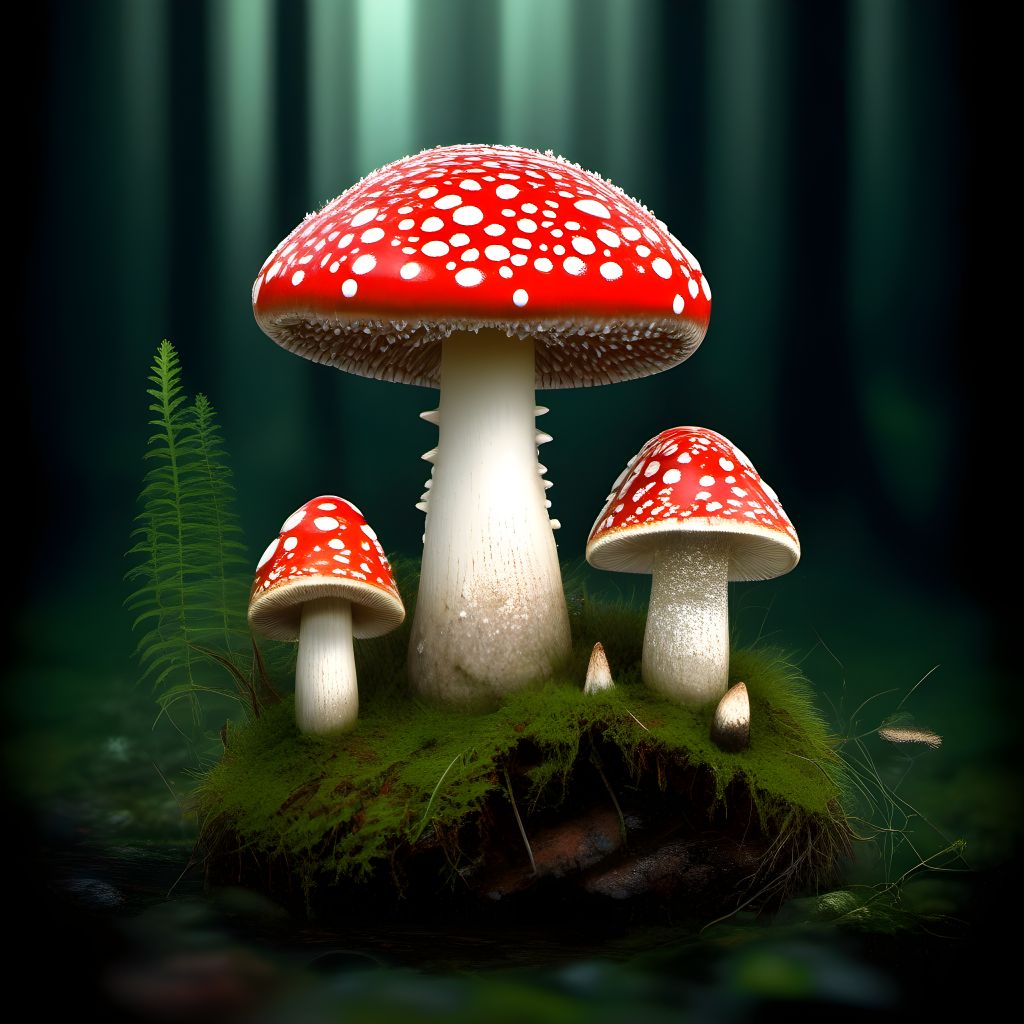Mushroom microdosing has garnered attention for its potential cognitive and emotional benefits. To engage in this practice safely and effectively, it’s crucial to identify the specific mushrooms suitable for microdosing. In this guide, we will explore several known mushrooms that are commonly used for microdosing, their characteristics, and potential effects.
**1. Psilocybe Cubensis
- Subpoint 1: Psilocybe cubensis, often referred to as “magic mushrooms,” is one of the most well-known species used for microdosing.
- Subpoint 2: This mushroom contains psilocybin, a compound known for its psychoactive properties.
- Subpoint 3: Users have reported enhanced creativity, mood improvement, and increased focus when microdosing with Psilocybe cubensis.
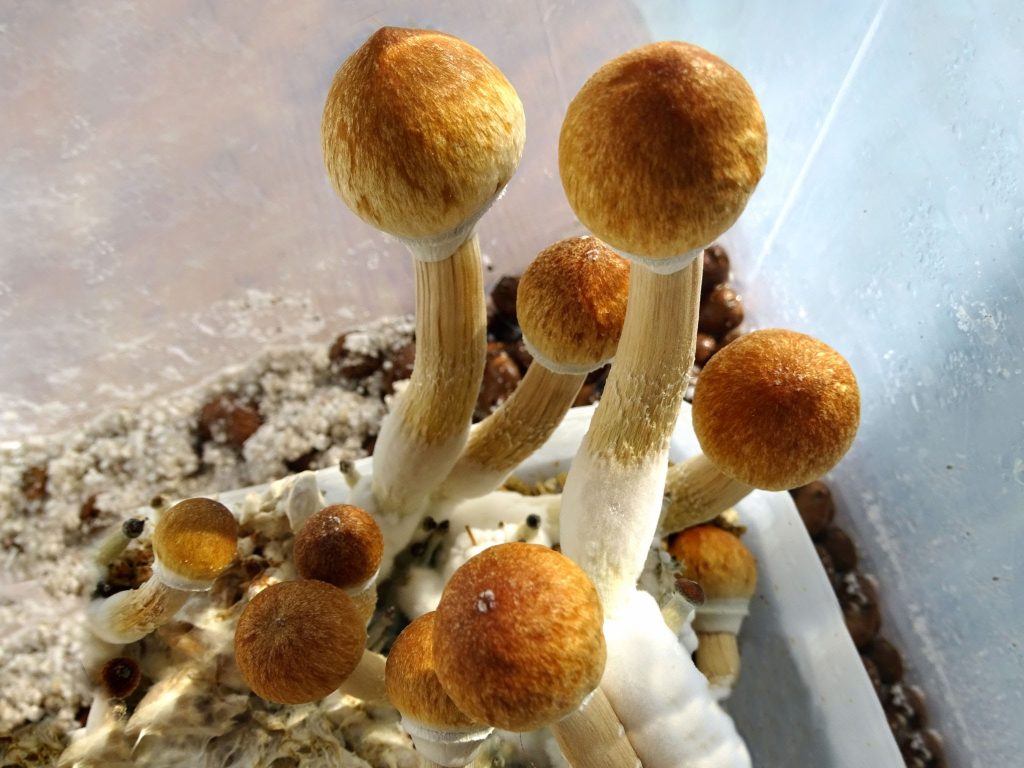
**2. Lion’s Mane (Hericium erinaceus)
- Subpoint 1: Lion’s Mane is a non-psychedelic mushroom with potential cognitive benefits.
- Subpoint 2: It is rich in compounds like hericenones and erinacines, which may support brain health and nerve regeneration.
- Subpoint 3: While not a traditional psychedelic, Lion’s Mane is valued for its potential to enhance cognitive function and memory.
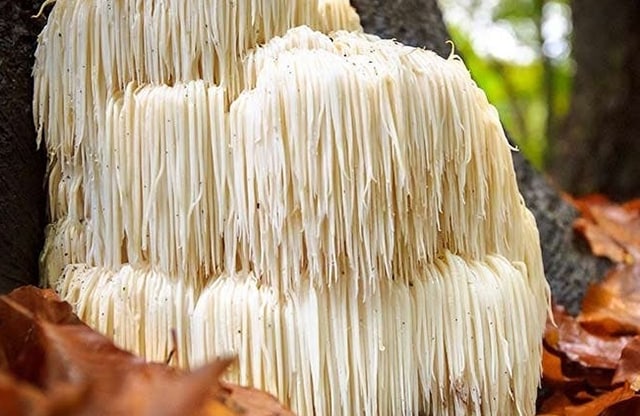
**3. Amanita Muscaria
- Subpoint 1: Amanita muscaria, also known as the fly agaric, contains muscimol and ibotenic acid.
- Subpoint 2: It is traditionally used in some cultures for its psychoactive effects, but it can be toxic if not prepared correctly.
- Subpoint 3: Due to its unpredictable nature and potential toxicity, caution is advised when considering Amanita muscaria for microdosing.
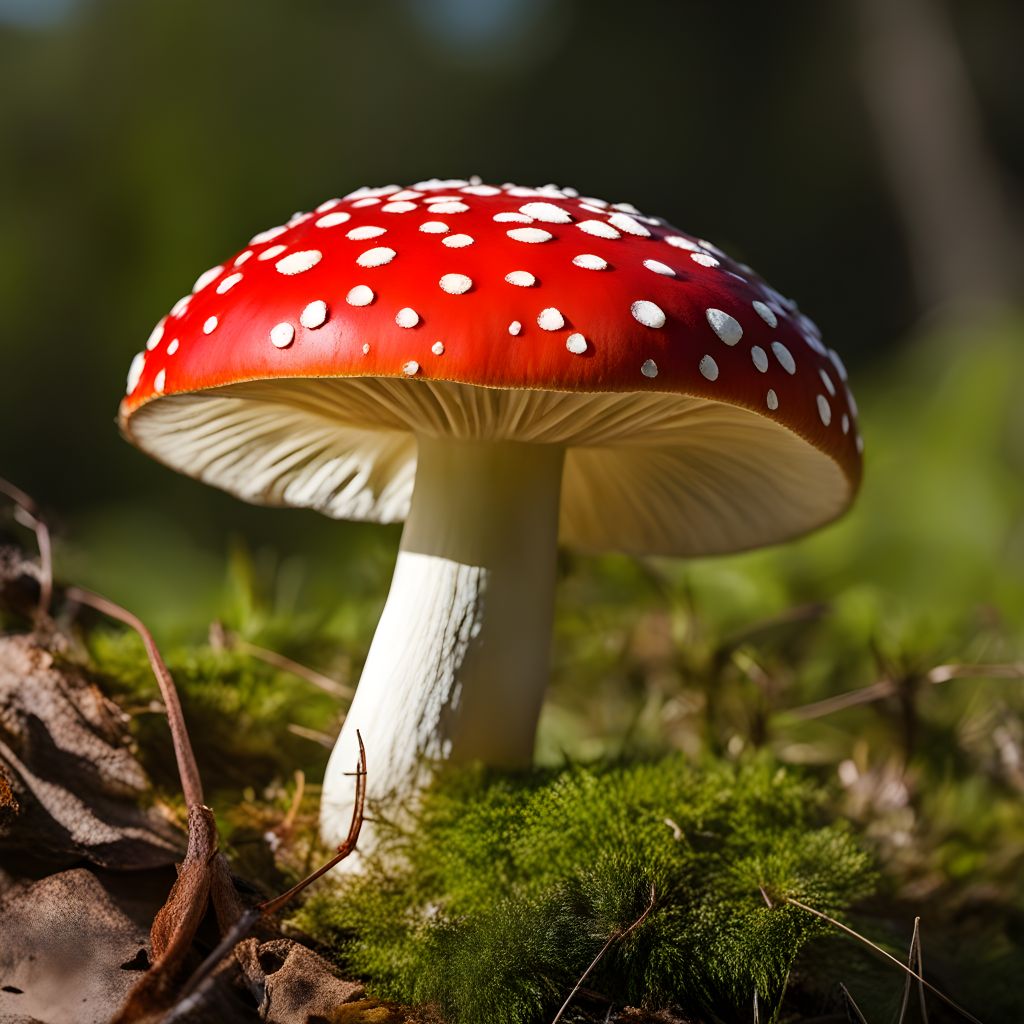
**4. Psilocybe Semilanceata (Liberty Caps)
- Subpoint 1: Psilocybe semilanceata, commonly known as “Liberty Caps,” is another psilocybin-containing mushroom.
- Subpoint 2: It’s found in various regions worldwide and is known for its distinct appearance with a conical cap.
- Subpoint 3: Liberty Caps are favored by some microdosers for their potential mood-enhancing and cognitive effects.

**5. Reishi (Ganoderma lucidum)
- Subpoint 1: Reishi is a medicinal mushroom used for centuries in traditional Chinese medicine.
- Subpoint 2: It contains compounds like triterpenes and polysaccharides, believed to have immune-boosting and adaptogenic properties.
- Subpoint 3: While not psychedelic, Reishi is valued for its potential to reduce stress and support overall well-being.
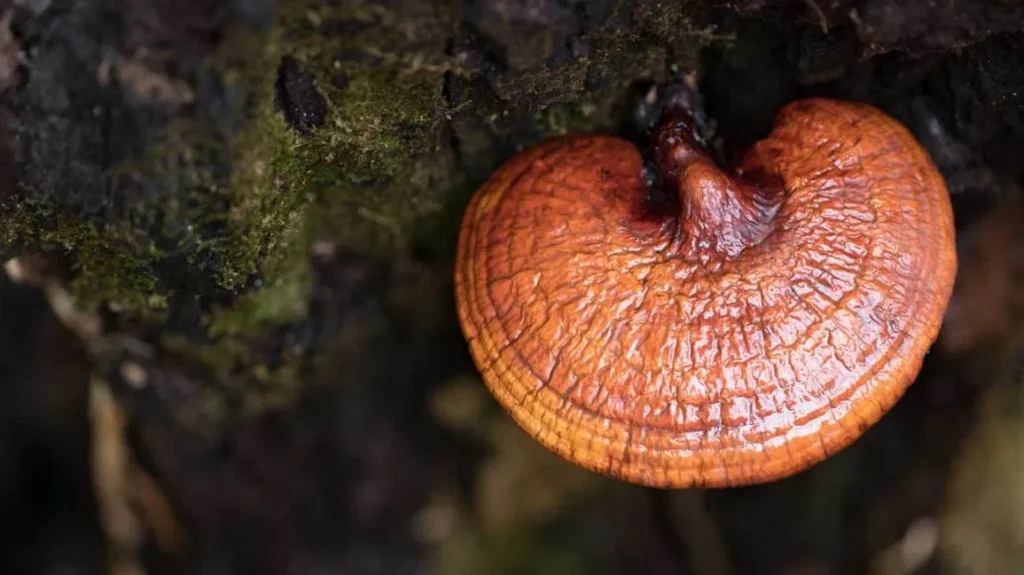
**6. Panaeolus Cyanescens
- Subpoint 1: Panaeolus cyanescens, or “Blue Meanies,” contain psilocybin and psilocin, similar to Psilocybe cubensis.
- Subpoint 2: They are known for their strong psychoactive effects when taken in higher doses but can also be microdosed.
- Subpoint 3: Users have reported increased energy, enhanced mood, and improved focus with Panaeolus cyanescens microdosing.
Incorporating mushrooms into your microdosing regimen should be done with caution, as individual reactions can vary. It’s essential to source mushrooms from reliable and reputable suppliers, adhere to dosage guidelines, and consult with healthcare professionals if you have underlying medical conditions. Remember that the legal status of these mushrooms varies by location, so be aware of local laws and regulations.
For more information on specific mushrooms and their suitability for microdosing, consider consulting authoritative resources such as the Multidisciplinary Association for Psychedelic Studies (MAPS) and The Third Wave. These resources provide valuable insights and guidance to help you make informed decisions about your microdosing journey.
